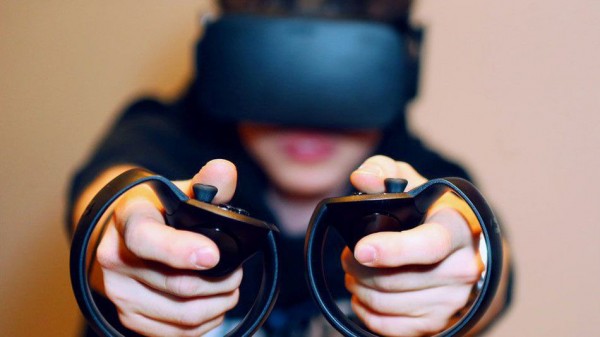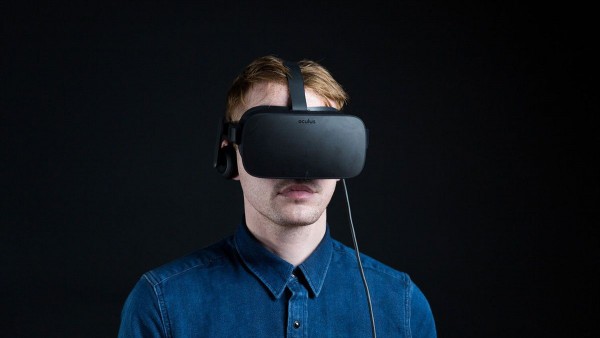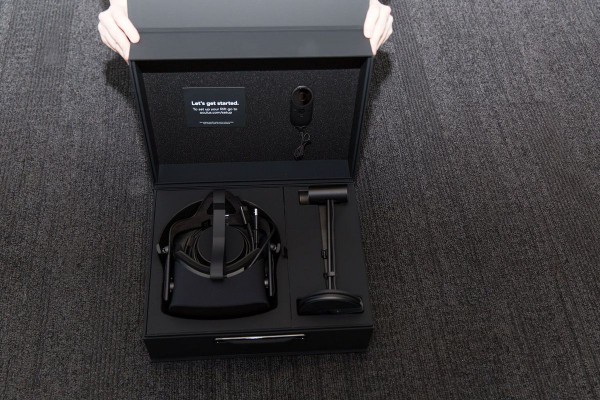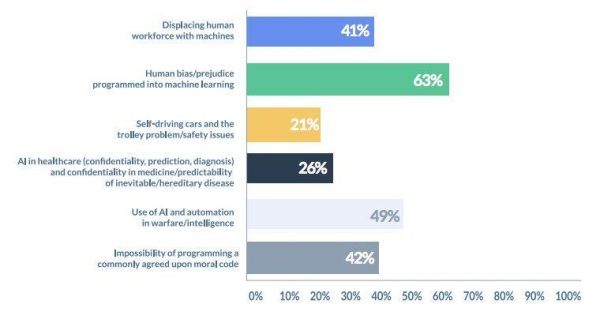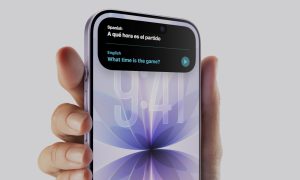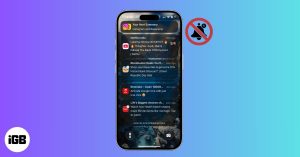Oculus Rift promised us the future of VR. Here’s what really happened.
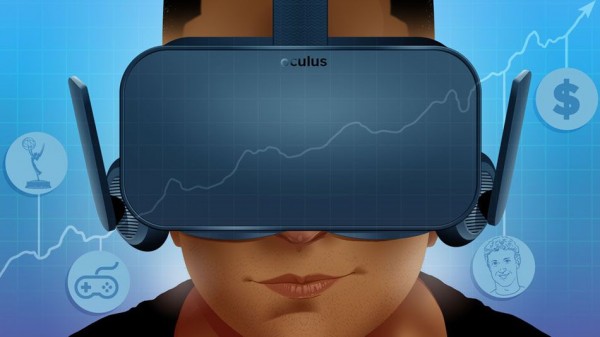
The Oculus Rift celebrates its one-year anniversary this week, following its commercial debut on March 28, 2016. Happy birthday, Oculus, your growing pains are showing.
But the awkward baby steps toward making virtual reality mainstream have not been with without some wins.
After years of hype beginning in 2012, and clunky developer prototypes leading up to the consumer version, the attractively designed Oculus Rift still required a relatively expensive PC and an Xbox controller to run the limited array of software available for the device. Predictably, that meant only the most enthusiastic consumers bought into the long-awaited coming of consumer-ready VR.
Despite those hurdles, Oculus is gradually gaining a loyal user base.
The question is, can it expand that dedicated early adopter enthusiasm to the mainstream? Let’s take a look at the last 12 months and see exactly where Oculus won and lost in its mission to bring VR to the masses. So we can pinpoint when the future of VR will really be here.
The missing links
For a while, despite its design polish, it seemed like the Rift might remain a device exclusively for hobbyists. That is, until the release of Oculus Touch. The beautifully designed controllers didn’t reach consumers until December of 2016, though, and by that time the initial momentum of the Rift’s release had already waned.
Nevertheless, the ability of the Touch controllers to deliver a more elegant solution to hand presence in VR sparked new interest in the Rift, particularly from users who had already purchased the Rift earlier in the year. (And especially compared to the clunky wands introduced by the HTC Vive and PlayStation VR.)
IMAGE: REX FEATURES VIA AP IMAGES
Whereas early Rift apps required familiarity with the Xbox controllers, forcing users into an awkward hybrid interface that still had one foot in console gaming, Touch provided a completely native interface to VR.
The Touch arrived late to the game, but it turned out it was worth the wait. Along with the Touch, Oculus introduced Avatars, customizable virtual faces and hands that took VR immersion to the next level.
Win: Getting away from game controllers, introducing responsive avatars.
Loss: Waiting too long to drop Rift + Touch price from $800 to $600 to undercut the $800 HTC Vive.
The identity crisis
This is Oculus’ biggest problem: confusing the consumer.
Samsung’s Gear VR, the mobile VR headset that requires a Samsung smartphone to work, has thrived thanks in part to its partnership with Oculus. In fact, if you compare the first year of the iPhone in 2007, which boasted roughly 6 million in sales, you could argue that the Gear VR is on a comparable trajectory, with 5 million Gear VR devices sold so far, according to Samsung.

IMAGE: SAMSUNG, OCULUS
But despite the strong numbers, it’s still not common at all to see someone at an airport or café using the mobile VR device. Sure, this past holiday season saw a number of videos uploaded to social media showing users enjoying their Rifts and Gear VR devices. But in general, adoption of VR headsets appears to be slow among non-gamer mainstream consumers.
Part of the problem stems from Oculus’ bifurcated approach to the consumer market. Simultaneously trying sell the public a top-of-the-line VR device (Rift) that required close to a $2,000 investment versus the mere few hundred dollars needed to snag the Gear VR and a Samsung smartphone is a recipe for confusion. The VR market is simply too undeveloped at this point confuse consumers with two devices that appear to do the same thing but are vastly different in price and performance.
Furthermore, cheaper, less immersive VR hasn’t worked as a compelling gateway drug to get consumers to spend money on higher-end, more expensive VR. In this respect, Oculus is shooting itself in the virtual foot in an effort to serve two disparate markets (mobile and desktop) before either has proven viable.
Nevertheless, in the past year, in the rush for mobile app profits and scale, developers targeting Oculus users have often opted to release VR apps solely for the Gear VR, completely skipping Rift users altogether. The result? A wide array of Gear VR apps (films, live streaming events) from high profile brands, all unavailable to the most passionate VR users who sit on the sidelines with their expensive Rift devices.
It’s telling that on Reddit the biggest VR-related device subreddit subscriber base is Oculus at around 80,000, followed by Vive at around 70,000, with the Gear VR far behind at around 23,000 (Google’s Daydream subreddit has about 7,500 registered users). High quality, free Rift games like Robo Recall help drive Rift interest, but too often Gear VR apps seem to get priority from developers. That’s Oculus’ fault, and it remains an issue.
Win: Locking in the world’s leading mobile phone brand, Samsung, to the Oculus VR platform.
Loss: Confusing consumers with mobile VR, and not focusing on passionate Rift user base.
The bad looks
Amid all the hardware and software concerns, Oculus also found itself fighting for its very life in court, ultimately losing a multi-million dollar lawsuit in February. Although the judgment cleared Oculus of the most serious allegations in the lawsuit related the code behind the Oculus Rift system, the bad press was poorly timed. It came not long after it was reported that company founder Palmer Luckey was linked to a pro-Trump political action group. (Luckey later refuted some of the claims).
Some of the bad mojo started when Facebook acquired Oculus back in 2014, leading to an immediate outcry from early Oculus supporters who backed the VR device on Kickstarter.
For some, the idea of adopting Oculus means (ultimately) buying into Facebook — which is a virtual bridge too far for some early adopters.
But whether you’re a Facebook fan or not, Mark Zuckerberg’s decision to snap up Oculus may have been the best thing to happen to VR. His commitment to the platform, backed by billions of dollars (and users), means that VR won’t just be the domain of gaming brands and movie studios, but could very well reach across the world as part of the vast social network ecosystem.
The good news? While waging a major court battle, Oculus Story Studio won an Emmy for the VR experience Henry and its Dear Angelica short debuted at Sundance.
Win: Despite exec shakeups, legal battles and doubters, Oculus remained focused on pushing out new titles and product improvements.
Loss: The legal issues aren’t over, bad press still haunts Oculus.
So will Oculus be the engine behind VR’s first mainstream breakout success? We’ll probably know in the next 12 to 24 months. If VR is indeed “the next major computing platform” as Zuckerberg calls it, like the web, we can’t expect it to happen overnight.
But when it does, the Oculus Rift will, without a doubt, be a major piece of the puzzle.



